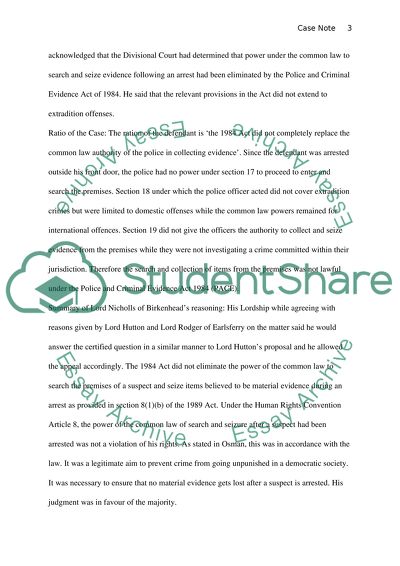Cite this document
(“Case Note : Regina (Rottman) v Commisioner of Police of the Metropolis Essay”, n.d.)
Retrieved from https://studentshare.org/law/1629820-case-note-regina-rottman-v-commisioner-of-police-of-the-metropolis
Retrieved from https://studentshare.org/law/1629820-case-note-regina-rottman-v-commisioner-of-police-of-the-metropolis
(Case Note : Regina (Rottman) V Commisioner of Police of the Metropolis Essay)
https://studentshare.org/law/1629820-case-note-regina-rottman-v-commisioner-of-police-of-the-metropolis.
https://studentshare.org/law/1629820-case-note-regina-rottman-v-commisioner-of-police-of-the-metropolis.
“Case Note : Regina (Rottman) V Commisioner of Police of the Metropolis Essay”, n.d. https://studentshare.org/law/1629820-case-note-regina-rottman-v-commisioner-of-police-of-the-metropolis.


